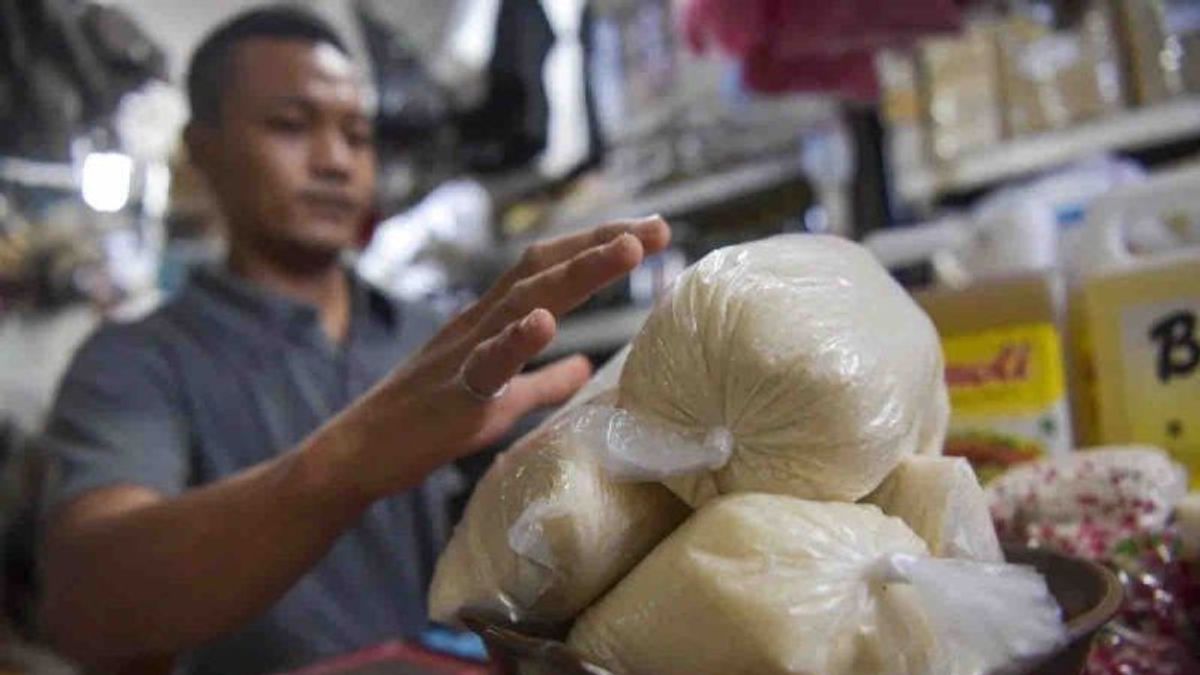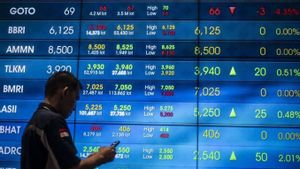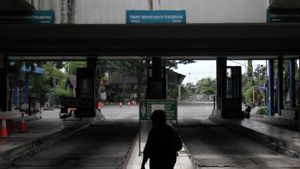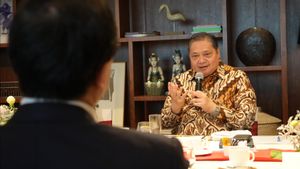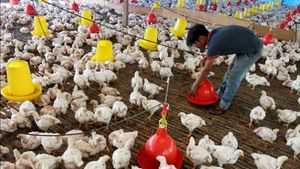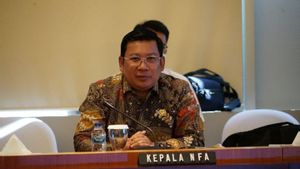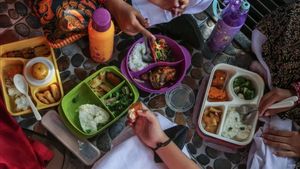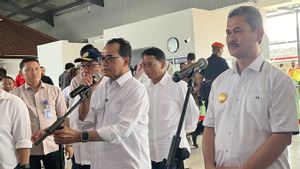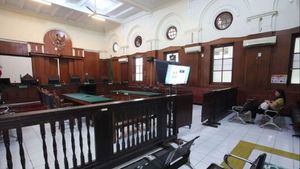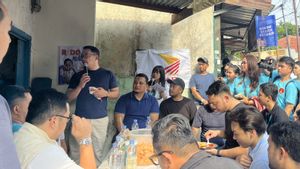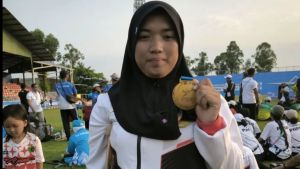JAKARTA - The National Food Agency (Bapanas) is pushing for increased sugar productivity in East Nusa Tenggara (NTT) to achieve national self-sufficiency.
Deputy for Food Availability and Stabilization I Gusti Ketut Astawa said the move was carried out with efforts to develop land, improve technology, and support for local farmers.
"We have made a visit to NTT, to ensure concrete steps to support the acceleration of national sugar self-sufficiency and increased sugar productivity in the NTT region," he said in a statement, Sunday, October 13, quoted by Antara.
Astawa said that his party carried out a working visit to PT Muria Sumba Manis in East Sumba, East Nusa Tenggara, as a commitment to continue to encourage productivity and increase sugarcane rendemen at the factory.
He explained that steps such as technological improvement, land optimization, and innovation of genetic engineering seeds to obtain the best sugar cane seeds could be the key in achieving the sugar self-sufficiency target.
"This is not only for NTT, but also for national sugar needs," said Astawa.
As for the records of the Central Statistics Agency (BPS), the area of sugarcane plantations in NTT in 2022 is up to 1,734 hectares with productivity reaching 1,777 tons for a year.
The data has increased significantly when compared to 2021, which at that time the area was still at 1,491 hectares, but productivity could reach 5,733 tons.
Astawa stated that his party had received directions from the Head of Badanas Arief Prasetyo Adi so that the national sugar ecosystem would continue to be strengthened, one of which was by ensuring that farmers' crops could be absorbed by many parties, food and private SOEs.
"We in Bapanas have pushed it by setting prices at the producer level to consumers. So we maintain sugar at the farmer level, we maintain the price, then arrive downstream, we also maintain the price well," he continued.
Furthermore, he said according to BPS data in the 'Stateistic Tebu Indonesia 2022' published in November 2023, Indonesia's sugar production in 2022 which reached 2.4 million tons was mostly supported by 63 percent of people's plantations.
The rest of private plantations are 27 percent and large state plantations are 10 percent. For this reason, partnerships with essential sugarcane farmers need to be maintained properly.
He revealed, PT Muria Sumba Manis began planting cane since 2014 and started construction of a factory in 2018. Currently, it has managed 34 thousand hectares of land, with 18 thousand hectares of which have been used for production.
"The production capacity of this factory reaches 6 thousand Tons of Cane Day (TCD) and is expected to increase to 12 thousand TCD in the next phase," he said.
The company also has a target of expanding 4,905 hectares of land in 2024, with a minimum target of increasing 1,000 hectares of land every year.
SEE ALSO:
In addition to focusing on expanding land, the government through Bapanas also supports an increase in sugarcane rendemens. In 2024, PT Muria Sumba Manis targets the redemens to reach a percent, having previously reached 8.3 percent.
"For long-term plans, the target of rendement is expected to reach 11 to 12 percent," he explained.
He also said that the government will continue to provide support in the form of policies to ensure increased productivity and quality of yields, so that the contribution of PT Muria Sumba Manis to national sugar self-sufficiency can be more optimal.
"These steps are expected to strengthen NTT's position in supporting the availability of national sugar," he said.
The English, Chinese, Japanese, Arabic, and French versions are automatically generated by the AI. So there may still be inaccuracies in translating, please always see Indonesian as our main language. (system supported by DigitalSiber.id)
